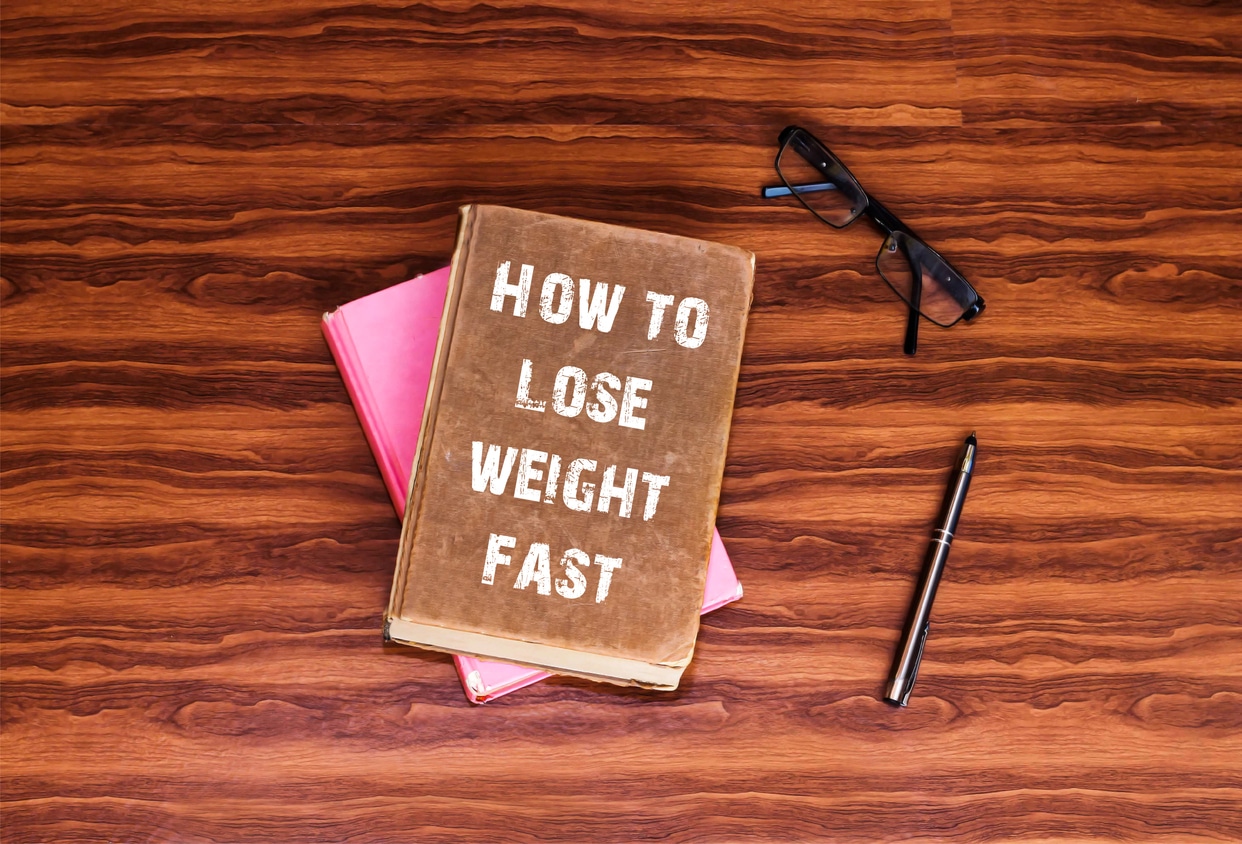 I gave a talk yesterday on eating with the seasons and naturally the conversation turned towards what kind of food, exactly, should we be eating: the organic kind that is shipped across the country? The kind that is grown on the local farm but sprayed with pesticides? The local organic food that could put you into bankruptcy? Or the plain old, pesticide sprayed conventional food?
I gave a talk yesterday on eating with the seasons and naturally the conversation turned towards what kind of food, exactly, should we be eating: the organic kind that is shipped across the country? The kind that is grown on the local farm but sprayed with pesticides? The local organic food that could put you into bankruptcy? Or the plain old, pesticide sprayed conventional food?
These are tough questions. We all want to know that we are doing our best to feed ourselves and our families and we want to know why. At least I do. My scientific mind wants the facts and figures – I will not get lured into another food fad just because the food companies and the media are telling me to do so. Here is my take on the topic of organics and what it may mean for you.
Organic Does Not Mean More Nutritious. Last year a study came out (click HERE for the study) concluding that organic food was no more nutritious that conventional foods. Meanwhile, other studies showed a positive correlation between organic farming and the nutrient content of certain vegetables. It is important to remember that the term “organic” never meant to be associated with nutrient content. It was intended to be associated with pesticide content. Organic isn’t about getting vitamins and phytonutrients. It’s about getting vitamins and phytonutrients without added chemicals. Kale, with its overly impressive nutrition profile, is still a fantastic vegetable with or without the organic label. Don’t get me wrong, I am all for organic foods. But, if I had to choose between nutritious over organic, nutritious would win.
Don’t Be Lured By Labels And Steep Prices. Those pesky food marketing people, with their double digit billion dollar business

want you to believe that if it has the “organic” label on it, then it must be better for you. Organic cookies have as much sugar and bloated calories as their conventional counterparts. So do the organic donuts and the organic wine. Is there something about organic food being more expensive that suddenly makes it more desirable? We notoriously want what we can’t have. Unfortunately most people cannot afford to eat exclusively organic.
What To Do? When choosing organic foods, I have two rules of thumb. One, I buy the foods that my family eats a lot of organic. Whole grains, poultry, milk, fruits and vegetables in season. Second, I always refer to the Environmental Working Group’s yearly list of the foods with the most and least amount of pesticides (click HERE for the list). This year, the worst offenders are apples, celery, cherry tomatoes, cucumbers, grapes, hot peppers, nectarines, peaches, potatoes, spinach, strawberries, peppers, kale and summer squash. Those go into my shopping cart organic. I also go even further and grow most of the produce on that list. But that is for another post.
Now I would like to hear from you. Do you believe that organic food is better for you? Do you eat exclusively organic? How important is organic food to you? Leave a comment below!


